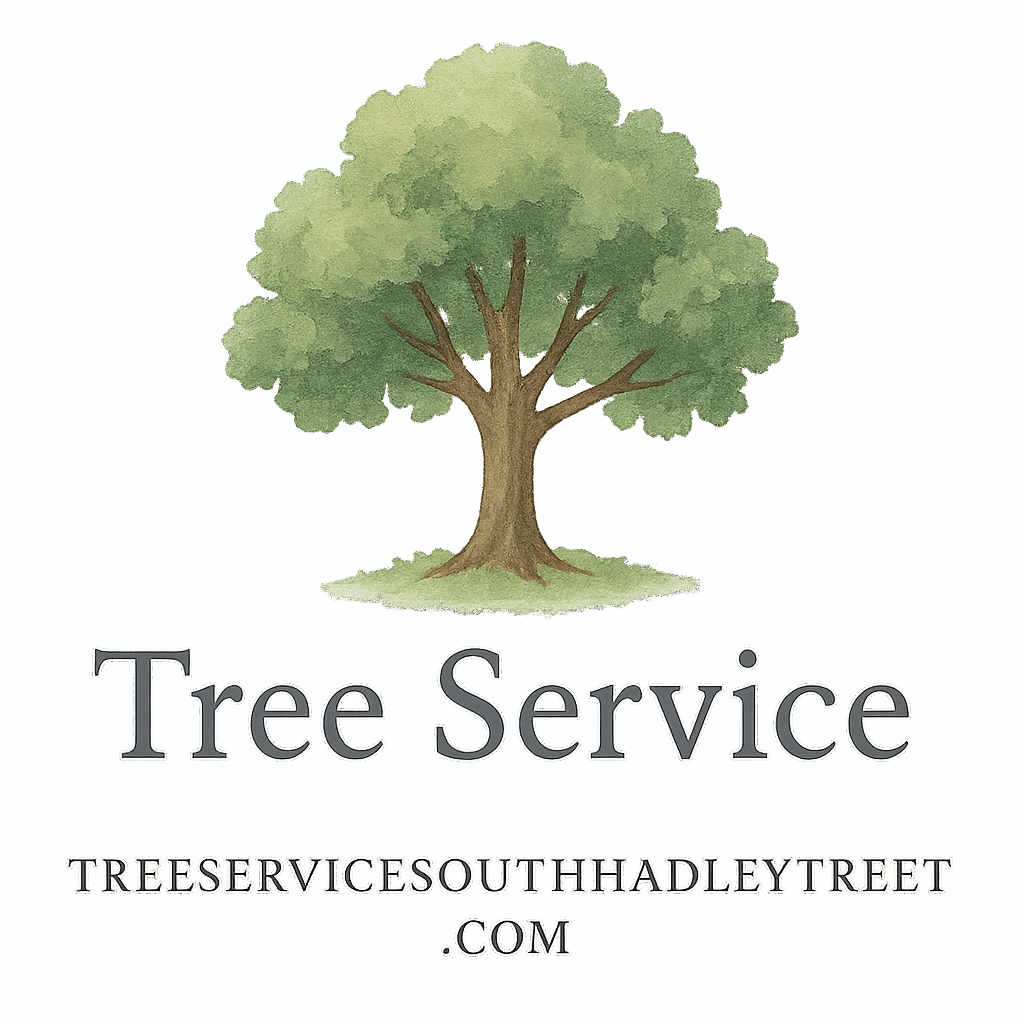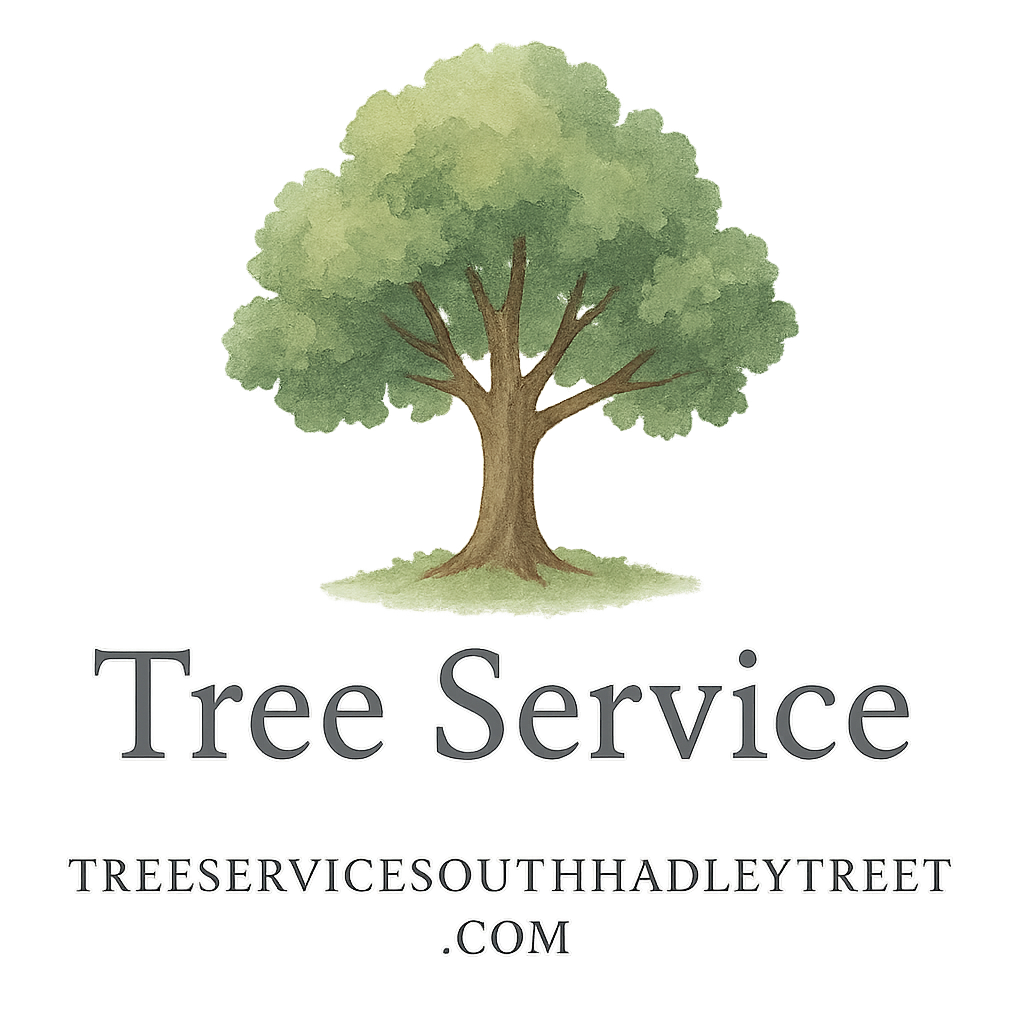When you’re hiring a tree service, you might be focused on their equipment or how quickly they can start. But here’s a game-changer: if they don’t have proper insurance, you could end up liable for thousands in damages or injuries. So, let’s dive into the five must-ask questions to evaluate tree service insurance coverage—because your trees deserve care, not chaos.
Why Tree Service Insurance Coverage Matters
The High Risks of Tree Service Work
Tree work isn’t just chopping branches—it’s one of the most dangerous jobs in America. With chainsaws, heavy limbs, and risky heights, accidents can and do happen.
How Insurance Protects You
Proper insurance ensures that if something goes wrong—say a branch crashes into your neighbor’s roof—you’re not stuck with the bill. It also protects workers on your property, giving you peace of mind.
For a detailed overview of what tree services involve, visit our tree service basics guide.
Question 1: Do They Have General Liability Insurance?
What General Liability Covers
This type of insurance protects against property damage caused by the company during their work. If a falling limb cracks your window or ruins your landscaping, you’re covered.
Why You Should Ask for Proof
Don’t just take their word for it. Ask to see their certificate of insurance. Confirm the policy hasn’t expired and matches their business name.
You’ll find this tip and more in our checklist at tree service cost and hiring tips.
Question 2: Is the Company Workers’ Compensation Insured?
Understanding Workers’ Comp in Tree Services
This covers employee injuries that occur on the job. Without it, you could be liable if a worker falls from a tree or gets injured with a saw.
What Happens Without It
If your tree guy gets hurt and they’re not insured, they might sue you for medical costs and lost wages. That’s a nightmare scenario no homeowner wants.
This kind of risk is often overlooked. Learn more in our post on tree health and safety.
Question 3: Are They Bonded?
What It Means to Be Bonded
Being bonded means the company has a surety bond in place. It’s a guarantee that they’ll fulfill their contract—and if not, the bond will compensate you.
The Difference Between Bonding and Insurance
Insurance protects against accidents; bonding ensures job completion and ethical conduct. You want both.
Look for licensed professionals that are bonded and insured to avoid shady operators.

Question 4: Are the Insurance Policies Up to Date?
The Importance of Valid, Current Coverage
Even if they had insurance last year, it might’ve lapsed. Expired policies don’t protect anyone.
How to Verify Insurance Status
Check the policy dates and call the provider listed to confirm it’s still valid. It’s a quick call that can save you big money.
Want a detailed tree service checklist? We’ve got you covered.
Question 5: Do They Offer Written Proof of Insurance?
Don’t Settle for Verbal Promises
A legitimate company won’t hesitate to provide documentation. If they’re sketchy about it, walk away.
What Should Be in the Documentation
It should include:
- Coverage types (general liability, workers’ comp, etc.)
- Policy numbers and expiration dates
- The name and contact of the insurance provider
We also explain these forms in our tree service cost & hiring comparison.
The Dangers of Hiring Uninsured Tree Services
Real-Life Scenarios and Financial Risks
Imagine a $10,000 hospital bill because a worker wasn’t covered. Or your fence gets destroyed and they ghost you because they’re uninsured.
Legal Liabilities You Might Face
In some states, the homeowner is considered the jobsite host and may be liable for injuries—yes, even if you didn’t know the company was uninsured!
Don’t wait for an emergency tree situation to realize you’re not covered.
Choosing a Fully Insured Tree Service: What to Look For
Traits of Reputable, Insured Tree Services
- Transparent paperwork
- Positive reviews and credentials
- Detailed contracts
Explore professional hiring advice for more signs of trustworthy companies.
Red Flags to Avoid
- No written estimates
- Hesitation to show insurance
- Dirt-cheap pricing (usually a trap)
Check the tree service pricing tag to learn what a fair cost looks like.
Related Tree Service Resources You Should Know
Tree Removal, Trimming, and Safety Essentials
Whether it’s storm cleanup or old stump grinding, start with our tree removal & trimming page.
Seasonal and Emergency Service Planning
Plan ahead with our seasonal and emergency service guide and be ready for unexpected issues.
Tree Health, Costs, and Hiring Tips
From spotting signs of disease to understanding storm damage, we’ve got it all.
You’ll also find insights on maintenance, prevention, and healthy trees.
Conclusion: Protect Your Property and Peace of Mind
When you hire a tree service, don’t just focus on who can do it cheapest or fastest. Instead, protect yourself by asking the five key insurance questions we’ve covered here. It only takes a few minutes to ask, but it could save you thousands in legal or repair fees.
Remember: reputable companies won’t just have insurance—they’ll be proud to show it.
Start with confidence. Explore our South Hadley tree service resources to make the safest and smartest choice.
FAQs
1. What’s the most important insurance for a tree service to have?
General liability and workers’ compensation are both essential—don’t settle for a company that only has one.
2. Can I be held responsible for injuries on my property?
Yes, if the company doesn’t carry proper workers’ comp insurance, you could be liable.
3. How can I tell if an insurance certificate is real?
Call the insurer listed on the certificate. Reputable companies won’t mind you double-checking.
4. What happens if a tree service causes damage and they’re not insured?
You’ll likely have to pay out of pocket or pursue them legally—neither option is fun.
5. Do bonded and insured mean the same thing?
Nope. Insurance covers accidents; bonding covers incomplete work or contract issues.
6. Are tree service scams common?
Unfortunately, yes—especially after storms. Always ask for licenses and insurance.
7. Where can I learn more about seasonal services and prevention tips?
Check out our in-depth resources on spring, prevention, and emergency care.


